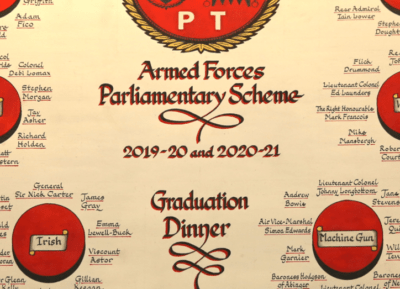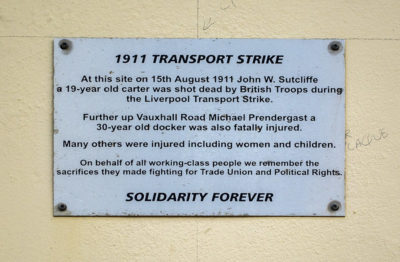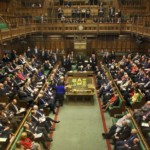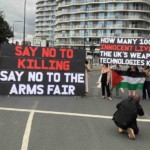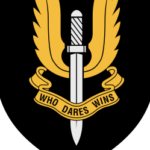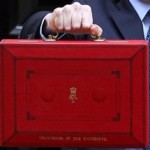Olympic Medals for the Military
Royal United Services Institute
The involvement of the armed forces in the Olympics should not pave the way for military solutions to other civil situations.
The last minute military boost to Olympic security allowed the Armed Forces to be seen as a normal and average part of a relaxed and self-confident British society. The Chiefs should bottle that spirit for the difficult years to come, and politicians should realise that this was a one-off service.
The public has awarded the military a gold medal for its performance at the Olympics. If it were possible to get one with oak cluster, they would have added that as well. The headline writers have agreed with them. The military added another element to the ‘happy and glorious’ games that was efficient, friendly, humorous and awfully British; as characteristic of the inventive Britain we presented as Mr Bean, Jerusalem and a monarch who likes practical jokes.
Before the event, the German media spoke with alarm at the idea of military personnel in such evidence at the games. French commentators smiled with satisfaction at a British government scrambling to save the situation late in the day. US politicians and commentators overdosed on a potential security gap and British politicians and media went for G4S with a furious passion they had stoked against the banking industry and honed against highly paid industry executives.
….
One of the dangers of this Olympic success is that politicians will now turn too readily to the military to fill some other gaps. If the military get on so well with the public on the streets, why not turn them out to defeat the threat of tanker drivers’ strikes, or some key public sector strikes? It is a dangerous road to go down, both for politicians and the military and certainly pretty unpopular among the Chiefs.
Then, too, the lack of enthusiasm for military ‘on the streets’ for any reason among politicians in the Home Office, let along within the Metropolitan Police, strengthens the sense that the Olympics should be seen as a one-off military operation; as significant as anything the military has done recently, but not likely to be quickly repeated in the normal course of events.
The military may still be playing a role during the Paralympics at the end of the month. When that is over and, hopefully, a huge sigh of relief is allowable across the British security community, it will be time for some sober reflection on the whole experience. The military should sift what is only attributable to the circumstances of these Olympics from what could be more permanent benefits in the way the public, and public bodies, interact with them in the future. And politicians might reflect more on what the military brings to the party that private enterprise does not – and what type of parties they want to throw, or join, in the future.
See more: military in society, Olympics


